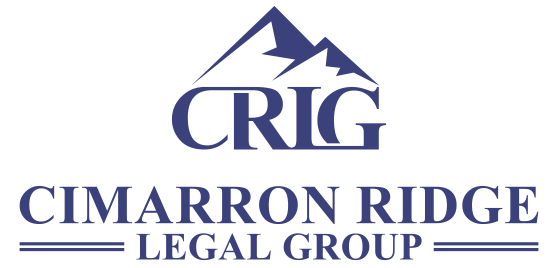 Negligence is a broad area of law that covers situations where someone injures you carelessly. Colorado, like other states, allows victims to go into court and ask for compensation when someone’s negligence is to blame for their injuries.
Negligence is a broad area of law that covers situations where someone injures you carelessly. Colorado, like other states, allows victims to go into court and ask for compensation when someone’s negligence is to blame for their injuries.
At Cimarron Ridge Legal Group, we know how difficult it can be after an accident. Medical bills arrive almost daily, and you might be so injured you cannot go to work to earn a living. With creditors knocking on your door, you wonder how you will be able to provide for yourself and your family.
Let us help. We have more than 70 years of combined experience helping Coloradans just like you get the compensation you are entitled to after an accident. Contact us today to speak with one of our Grand Junction Negligence attorneys.
Types of Negligence Cases
 Because negligence is so broad, it can encompass all kinds of accidents. Some of the more common include:
Because negligence is so broad, it can encompass all kinds of accidents. Some of the more common include:
- Car accidents
- Truck accidents
- Slip and fall
- Medical malpractice
- Workplace injuries
However, any time someone injures you out of carelessness, you might be able to sue. For example:
- A neighbor’s grill could catch on fire because it is not properly maintained, and it could burn guests.
- A person could throw a baseball that hits you in the head, causing a concussion.
- A landlord could fail to put adequate locks on the doors or windows, and thieves sneak in, attacking the renter.
- A lifeguard at the YMCA could be distracted and fail to rescue a swimmer in distress in a timely manner.
If you have been injured, quickly contact an attorney. Chances are very good that you might have a valid legal claim, but you should get the perspective of an experienced personal injury attorney.
Elements of Negligence
To bring a successful negligence claim, you will need to establish 4 different elements. Our state’s Supreme Court has identified them as:
 Duty. The person who injured you must have owed you a duty of care. Some duties are created by law, but some are created by mere proximity. If it was foreseeable that the defendant’s actions could injure you, then he owes you a duty of care.
Duty. The person who injured you must have owed you a duty of care. Some duties are created by law, but some are created by mere proximity. If it was foreseeable that the defendant’s actions could injure you, then he owes you a duty of care.- Breach. The defendant’s conduct fell below this duty. In other words, the defendant did not act with ordinary care.
- Causation. The defendant’s action or inaction must have actually caused your injuries. Something else cannot be to blame.
- Damages. You must have suffered injuries that the law recognizes as warranting compensation. Physical injuries requiring medical attention qualify.
In many negligence cases, duty and breach are the most common in dispute. It is important to meet with an attorney to analyze whether you can establish all 4 required elements. Some cases are not clear cut and will require legal research to analyze.
Compensation for Negligence
 A person who has been negligent must pay compensation to those people injured by their conduct. At our firm, many of our negligence clients manage to get compensation to pay for the following:
A person who has been negligent must pay compensation to those people injured by their conduct. At our firm, many of our negligence clients manage to get compensation to pay for the following:
- All medical care, including the costs of transportation to the hospital, doctor visits, surgery, anesthesia, rehabilitation, prescription drugs, assistive devices, etc. Medical care also includes future medical care if your injuries are permanent.
- Lost wages and lost future income. Even self-employed people can qualify for compensation.
- Property damage, such as damage to a vehicle or your home.
- Pain and suffering. Physical injuries cause pain and inconvenience, which you can be compensated for.
- Emotional distress. You can receive money if you suffer from anxiety, depression, embarrassment, anger, etc. because of your injuries. You can also receive money for post-traumatic stress disorder.
- Disability. If you are permanently disabled, you can qualify for compensation.
If the person was more than negligent—say, willfully indifferent to your safety–then you might qualify for exemplary damages. These damages are more punitive in nature for reprehensible conduct.
Colorado has adopted limits on the compensation you can receive, which are called “damage caps.” In particular, Colorado Revised Statute § 13-21-102.5 caps non-economic damages, meaning pain and suffering and emotional distress. The caps apply to each defendant and represent the maximum the defendant must pay. The amount increases each year and is currently $468,010. Based on clear and convincing evidence, an injured plaintiff can receive more.
Contact a Grand Junction Negligence Attorney Today
The days and weeks after an accident are confusing. Now is the time to meet with an experienced Grand Junction negligence attorney who can analyze whether you have a legitimate legal claim. At Cimarron Ridge Legal Group, we can help countless people analyze their claim
Contact us today at (970) 230-7658. We offer a free initial consultation to those who reach out to a member of our team.

